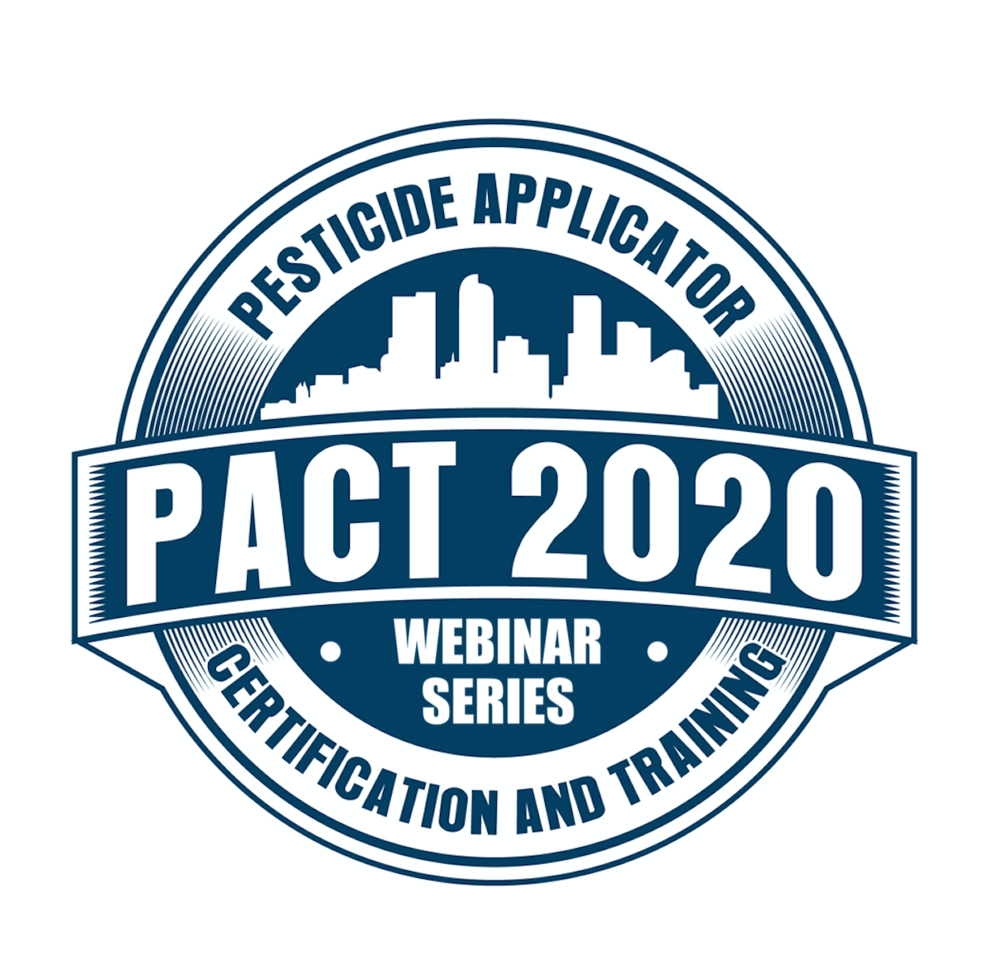*Presented in English with simultaneous translation available in Spanish*
*Presentado en inglés con traducción simultánea disponible en español*
This session will explain the process used by several Pesticide Safety Education Programs (PSEPs) to provide outreach and education to train growers and others to be competent in conducting respirator fit testing for their employees. This session is intended for safety site educators and trainers along with regulators and healthcare providers.
The presentation will focus on the process, the stakeholders, the formation of a Respirator Collaboration Team that grew out of the process and how that Collaboration Team has facilitated other respiratory training outreach opportunities. In addition, the presentation will introduce how funding can be secured by other PSEPs to provide future outreach.
Esta sesión explicará el proceso utilizado por varios Programas de Educación en Seguridad de Pesticidas (PSEP) para brindar alcance y educación para capacitar a los productores y otras personas para que sean competentes en la realización de pruebas de ajuste de respiradores para sus empleados. Esta sesión está dirigida a educadores y capacitadores de sitios de seguridad junto con reguladores y proveedores de atención médica.
La presentación se centrará en el proceso, las partes interesadas, la formación de un equipo de colaboración de respiradores que surgió a partir del proceso y cómo ese equipo de colaboración ha facilitado otras oportunidades de divulgación de entrenamiento respiratorio. Además, la presentación presentará cómo otros PSEP pueden obtener fondos para brindar un alcance futuro.
SPEAKERS/PONENTES:
Candace Bartholomew
PSEP Coordinator for the University of Connecticut for 35+ years, retired.
Coordinadora de PSEP de la Universidad de Connecticut durante más de 35 años, jubilada.
Thia Walker
Thia recently retired from her position as the Extension Specialist and program manager for the Colorado Environmental Pesticide Education Program (CEPEP) at Colorado State University and is working as the Pesticide Education Program Administrator at the Colorado Department of Agriculture. She currently holds a Colorado Commercial Pesticide Applicator license in Ag Insects, Ag Weeds, Ag Plant Disease, Research & Demonstration, Rangeland Pest Control, Turf Pest Control, and Ornamental Pest Control so she understands the challenges of being a pesticide applicator and having to comply with the 2015 WPS requirement for respirators.
Thia recientemente se retiró de su puesto como Especialista de Extensión y gerente de programa del Programa de Educación Ambiental de Pesticidas de Colorado (CEPEP) en la Universidad Estatal de Colorado y está trabajando como Administradora del Programa de Educación de Pesticidas en el Departamento de Agricultura de Colorado. Actualmente tiene una licencia de aplicadora comercial de pesticidas de Colorado en insectos agrícolas, malezas agrícolas, enfermedades de plantas agrícolas, investigación y demostración, control de plagas de pastizales, control de plagas de césped y control de plagas ornamentales, por lo que comprende los desafíos de ser aplicadora de pesticidas y tener que cumplir con el requisito de 2015 WPS para respiradores.
WATCH THE RECORDING HERE / MIRA LA GRABACIÓN AQUÍ
This webinar is free of charge and open to all extension educators, regulators, agencies and centers, clinicians, industry, commodity groups and other organizations interested in the topic. The webinar will be recorded and posted on www.pactmeeting.us along with all other resource materials.
Part of the Pesticide Applicator Certification and Training (PACT) webinar series. The 2020 PACT biennial meeting funded through a Cooperative Agreement between Michigan State University (MSU) and the Environmental Protection Agency (EPA) has been postponed to 2021 due to COVID-19.
The PACT Planning Committee did a great job developing a comprehensive and engaging agenda with several topics that are extremely relevant to COVID-19. As a result, the MSU–EPA Cooperative Agreement will be delivering a series of webinars based on PACT topics over this next year. This provides a unique opportunity for extension educators and other stakeholders to gain knowledge and benefit from the robust agenda developed by the Planning Committee.
The goal of PACT is to improve implementation of Certification of Pesticide Applicators Rule (40CFR171) and the Agricultural Worker Protection Standard Revision (40 CFR170) by state and tribal pesticide programs. This project has been funded wholly or in part by the United States Environmental Protection Agency under assistance agreement X8-83927401 to Michigan State University. Migrant Clinicians Network (MCN) and the National Pesticide Safety Education Center (NPSEC) are sub-awardees on the grant.


Comments (1)